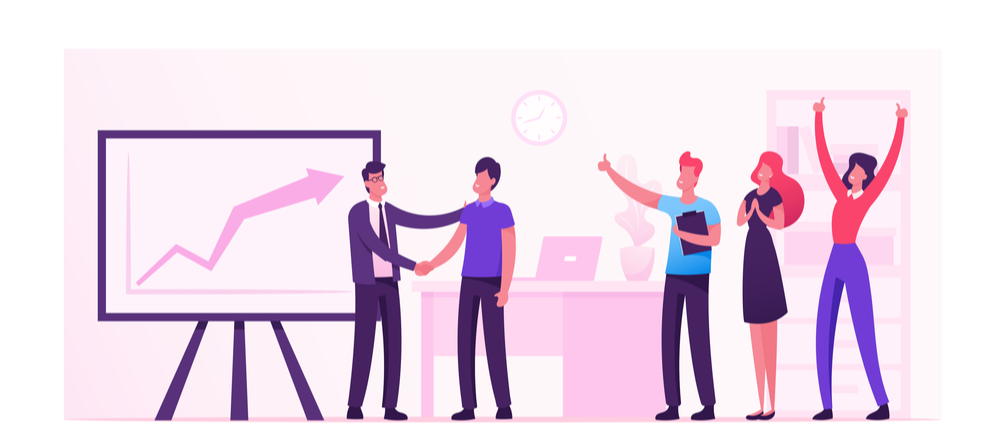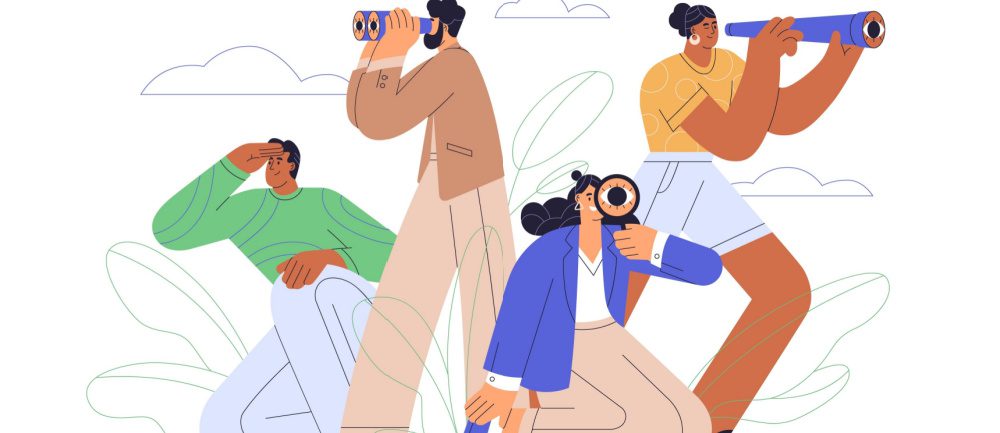Future of work framework: Overcoming the challenges of organizational culture change
- 4 Min Read
HR influencer and author specializing in the future of work, Rishita Jones explains how company culture can drive change and innovation. Culture change can’t be mandated, but instead must be felt by employees. Jones suggests a framework for leading culture change, including co-creating change, role modeling desired behaviors, activating community support, and fostering a sense of belonging.
- Author: Rishita Jones
- Date published: Jan 31, 2023
- Categories

Culture is similar to the wind. It is intangible but its impact can be experienced. If it blows favorably, it creates an effortless journey, but if not, we must prepare for turbulence.
For organizations seeking to increase their adaptability and innovation, culture change is often the most challenging part of the transformation. Innovation demands new behaviours from both leaders and employees. Behaviours which are often in sharp contrast with the mainstream organisational cultures that are organised for the achievement of operational efficiency and excellence.
However, let’s get one thing straight: culture change can’t be achieved through top-down mandate. Culture change must be felt in the collective minds, hearts and habits of people, including in their shared experience of “how things get done around here.” Leaders can certainly demand compliance, but they cannot demand commitment, conviction and co-operation.
As a people leader looking to lead your business through culture change and transformation, here is a framework to create movement makers, rather than a movement breakers.
Framing or co-creating change
Creating change requires emotional connection, so frame the change as an opportunity as opposed to a threat, communicating the purpose of change, being passionate about it, and having a process to achieve change. Emotion is the match that sparks action. Reasons lead to conclusions while emotions lead to actions (Donald Calne).
Co-creation allows your organization to change without really knowing it. By using the collective intelligence of a group of people with different skills and experiences you increase the chances of coming up with innovative and creative solutions. In addition, by engaging people from the start you will likely see that their engagement in the change process is higher, leading to lesser resistance and increased adoption. Like air is to fish, co-creation is to change. The opportunity to co-create is a gift you give your customer as a way to summon their imagination (Chip R Bell).

Activating community support and an organic movement
Tap into your organisation’s informal networks and communities to form a larger and more diverse network that shares a common purpose around the change. These groups can act as champions by spreading ideas and broadcasting their wins. A leader can create a company, but a community creates a movement (Blake Mycoskie).
Identify the early adopters and give them the freedom and space to build the environment and conditions required to embrace their future culture, including desired behaviours and beliefs.
Fostering belonging & role modelling behaviours
As humans, we inherently want a community and a sense of belonging. You can create a sense of unity and belonging by creating symbols that represent the change which function as an invitation for conversation and commitment to support the change. People adopt the symbols as a badge of their own, proud to say: I am part of this. I believe this. I support this. A movement only exists when people are inspired to move, to do something, to make the cause their own (Simon Sinek).
Rather talking about the changes you want to see, act those changes. In addition, spotlight examples of actions you hope to see more of within the culture by showcasing where they already exist, and creating them where they don’t.
For HR leaders, creating a culture that supports change and innovation is crucial for the success of the organization, ensuring company culture aligns with the company’s goals and drives growth. By following the framework, HR leaders can foster a positive and adaptive culture that empowers employees and encourages innovation.
__________
Recognized as one of the top global HR influencers, Rishita Jones is an author, keynote speaker and an international consultant specialised in the future of work. Her work as a transformation and change specialist is centred around creating democratic workplaces with a people focused strategy based on trust, transparency and autonomy.
Rishita is the director and founder of New Routes for Growth HR, co-author and contributor of several books on the future of HR, a collaborator, and a transformation consultant across a multitude of sectors and organizations in EMEA and beyond. In addition to holding degrees in Psychology and Human resources, Rishita is an accredited agile HR and agile leadership practitioner and a certified PROSCI change management practitioner.








